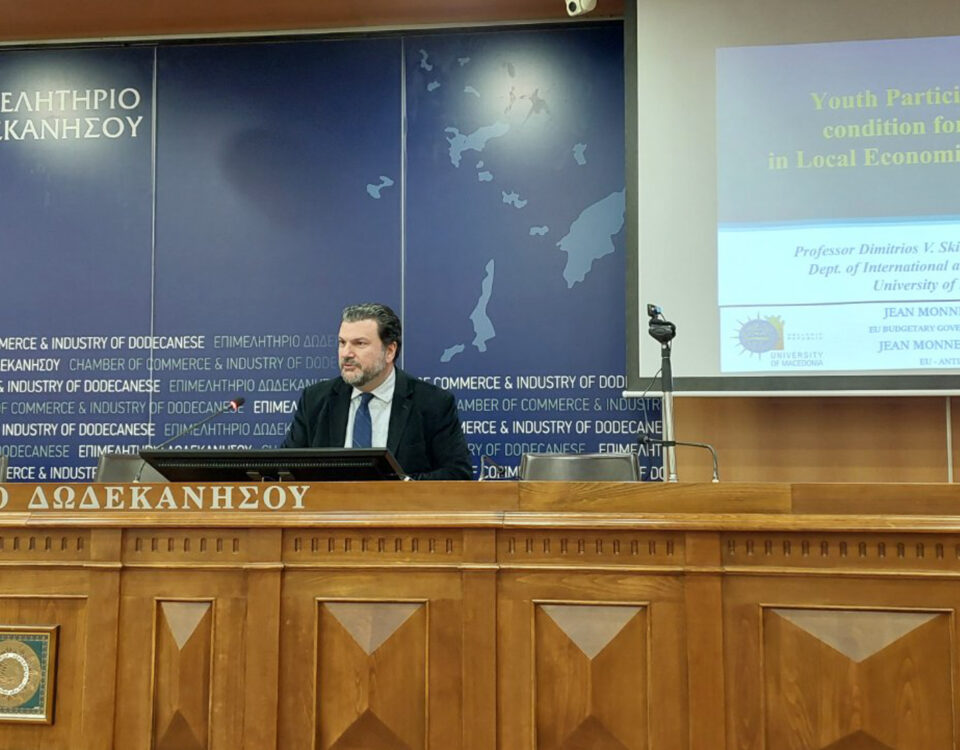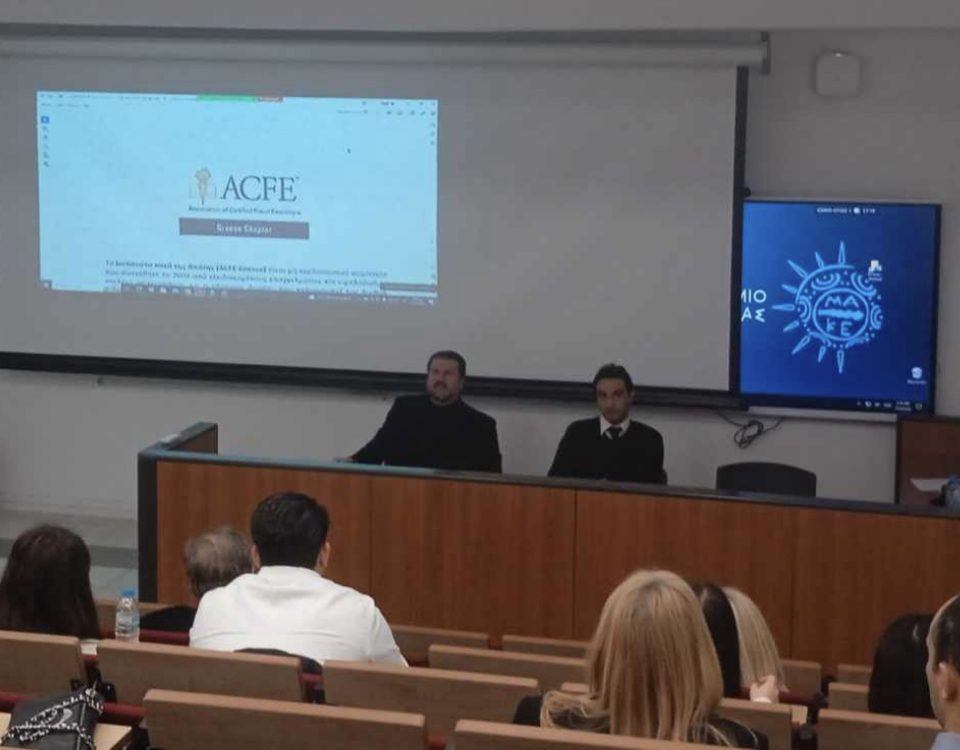A particularly intense turn of interest characterized the last 4 months of 2022, both in the EU in general and in Greece in particular, in matters concerning the protection of the rule of law, the fight against corruption, and the proper management of public resources. At the same time, at the European level, the developments of the war in Ukraine are examined more in the light of their effects on the way and cost of living of Europeans and less in terms of their operational content and their direct consequences on the directly involved and belligerent sides. Therefore, the focus of the Newsletter’s current issue is on relevant topics. First, in Annual Report of the European Court of Auditors for the financial year 2021 & Report of the European Court of Auditors on the performance of the EU budget the total EU revenue for 2021 amounted to €239.6 billion. The most significant part of the EU budget is financed by sums paid by the member states, in proportion to their gross national income (115.8 billion euros). Furthermore, as demonstrated in Opinion 07/2022 (submitted according to Article 322(1) TFEU) on the proposal for a regulation of the European Parliament and the Council amending Regulation (EU, Euratom) the Commission justifies the amendment of the Financial Regulation by citing the need to plan various borrowing operations according to the best market opportunities, as well as to choose the appropriate maturity structure to achieve optimal costs. Likewise, given the expected complexity of the operations required to meet Ukraine’s urgent financing needs and to anticipate possible future borrowing and lending operations involving Member States and third countries, the Commission considers it appropriate to establish a diversified financing strategy as a single method. The ECA‘s Special Report 19/2022, Supply of vaccines against COVID-19 asserts that the EU and the Member States are jointly responsible for protecting the Union’s financial interests. Blacklisting (aka blocking) is a key tool at the disposal of international actors and national authorities to protect their public finances and aims to avoid entering into financing agreements with untrustworthy counterparties, such as those involved in fraud, bribery, money laundering, which have committed professional misconduct or have not paid taxes. As for the response to the consequences of the COVID-19 pandemic, the European Council agreed on the establishment of the Recovery and Resilience Mechanism (NextGenerationEU). The purpose of this Mechanism is not only to mitigate the economic and social impacts of the pandemic but also to make EU economies and societies more sustainable and resilient for the future, focusing in particular on the green and digital transition. The ECA’s Special Report 21/2022 found that the Commission is competent to evaluate these plans based on criteria defined in the relevant Regulation and to provide the relevant guidance and support to the Member States. Finally, with regard to the Chair’s activities, at the beginning of the academic year 2022-2023 and more specifically on 6.9.2022, the holder of the Jean Monnet Chair “EU Budgetary Governance and Audit” of the Department of International and European Studies at the University of Macedonia, Professor Mr. Dim. Skiadas, together with the research associate of the Chair, Mr. Theof. Papastathis, Ph.D. candidate of the same Department, went to Brussels and more specifically to the headquarters of the Anti-Fraud Office of the European Union (OLAF), where they had a working meeting with Mrs. Maria Ntziouni-Doumas Adviser- Operations and Investigations Expenditure.
Read More in Newsletter December 2022




